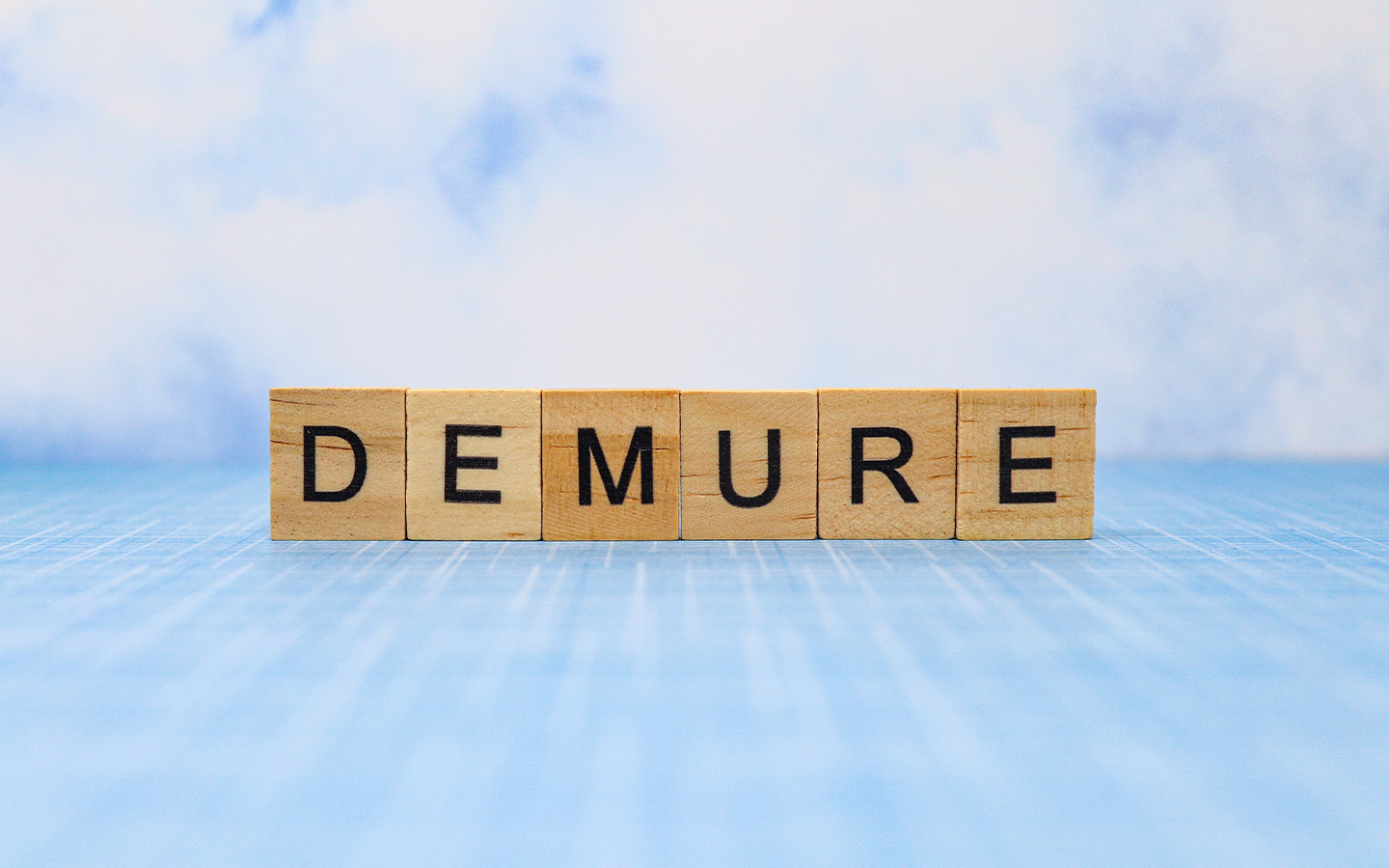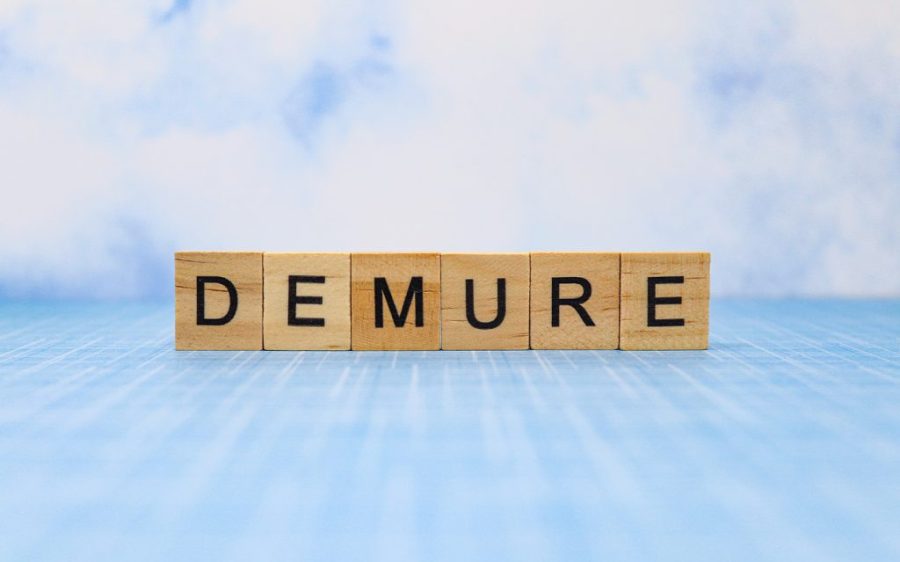After a meteoric rise in popularity over the summer, Dictionary.com named “demure” its Word of the Year for 2024.
Usage increased 1,200 percent between January and August of this year, the online dictionary said, driven in large part by TikToker and beauty influencer Jools Lebron popularising the word in a series of satirical videos. “You see how I do my makeup for work? Very demure. Very mindful,” Lebron says in one of her TikToks, referring to a slightly pared-down version of the winged eyeliner and fake eyelashes she typically wears.
Poking fun at gendered expectations and norms (“demure” is almost exclusively applied to women and girls) and her own shortfalls is central to the series, but that playful satire was lost on many viewers, who accused her of judging people on their appearance at work. “Every video is just me referencing me,” Lebron says in a video response. “That’s the joke!”
[See more: What on earth is a ‘brat summer’?]
The popularity of her videos had big name stars like Kim Kardashian, Jennifer Lopez and Drag Race host RuPaul pulling out her catchphrase and gained Lebron more than 2.3 million followers on TikTok. “I used to be crazy and out of control and then I found some demurity, and along with that came success,” she said on Jimmy Kimmel Live.
Another word also popularised on social media is “brat,” which was chosen by Collins Dictionary as its Word of the Year. The title of a highly influential album by British singer Charli XCX, the word has come to mean “characterized by a confident, independent, and hedonistic attitude,” with the associated term “brat summer” establishing itself as “an aesthetic and a way of life.”
Last year’s Dictionary.com winner was “hallucinate,” a reference to the rise of artificial intelligence (AI). The term refers to occasions when the technology generates or “hallucinates” false information, as was the case with a recent Japanese tourism website featuring bogus attractions and fictional local dishes created by AI.






